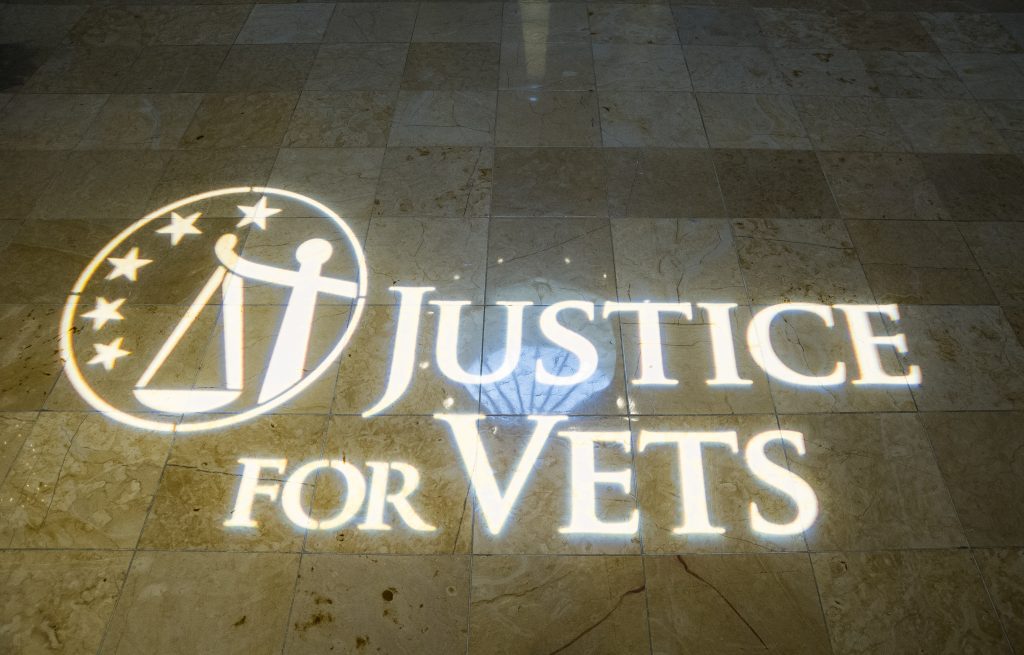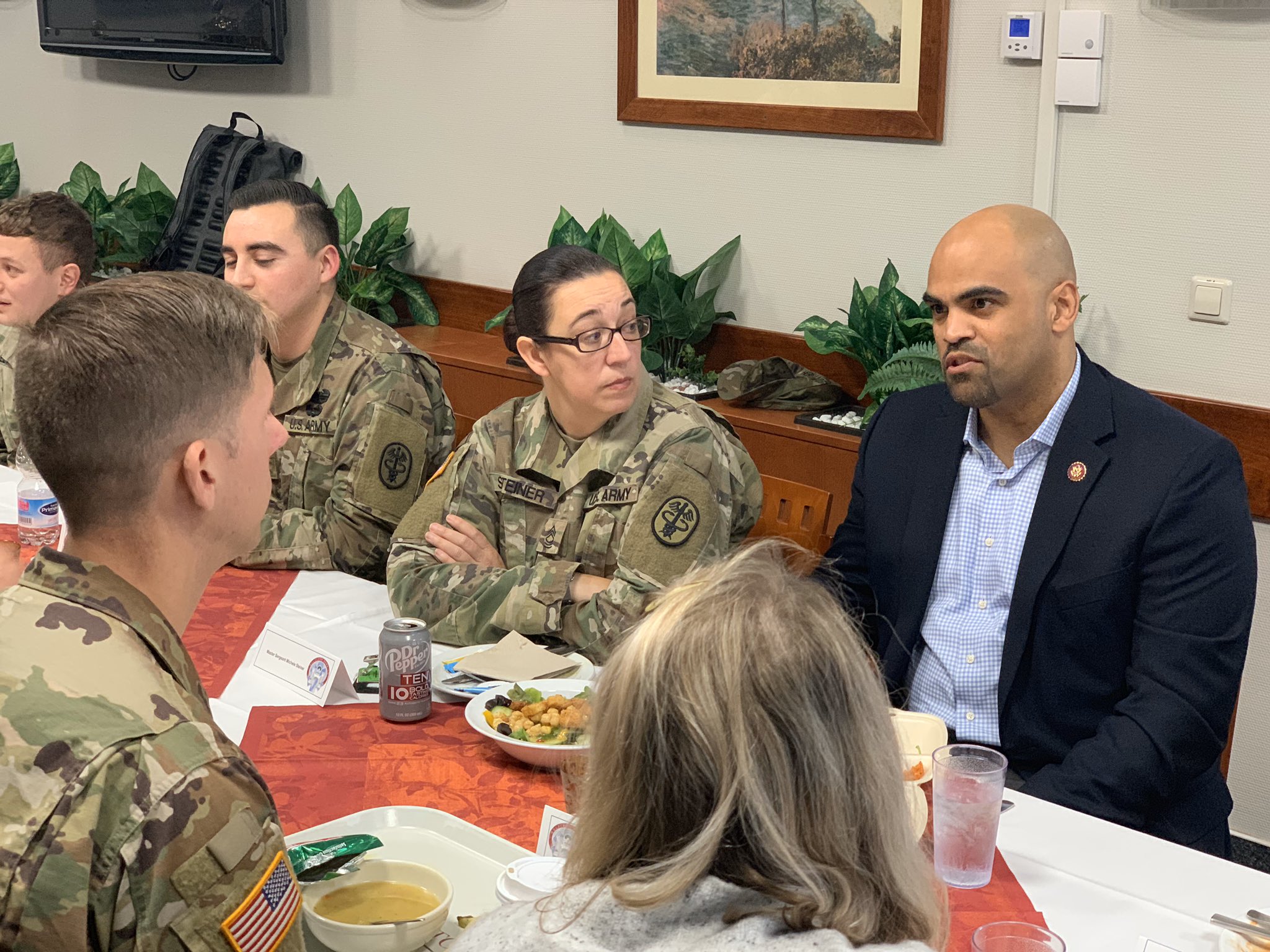There are approximately 16.5 million veterans in the United States. Of those 16.5 million, roughly one in three will end up in our country’s criminal justice system. And more than half of those justice-impacted veterans suffer from mental-health issues like PTSD, depression and anxiety or substance-abuse disorders. In addition, a large percentage of justice-impacted veterans face challenges with finding housing, maintaining employment and reentering society after leaving prison, and many can’t find programs to help.
How does the Veterans Justice Outreach Program help justice-impacted veterans?
In general, justice-impacted veterans face the same issues as everyone else who find themselves in the criminal justice system. The good news is that there are some veteran-specific programs out there that can help, including the Veterans Justice Outreach Program. According to its website, “[t]he mission of the Veterans Justice Programs is to identify justice-involved Veterans and contact them through outreach, in order to facilitate access to VA services at the earliest possible point.”

The Veterans Justice Outreach Program does “this by building and maintaining partnerships between VA and key elements of the criminal justice system.” The website includes helpful resources like this factsheet, several videos (Suits: VA Support for Incarcerated Veterans, Assisting Justice-Involved Veterans, A Second Chance for Justice Involved Veterans and Preventing Suicide Among Justice Involved Veterans) and, perhaps most helpful, a state-by-state list of “Veterans Justice Outreach Specialist Contacts” for people to contact in their state if they need help.
The Veterans Justice Outreach Program does not, however, provide legal services. For legal services, it recommends veterans turn to State Side Legal and its Finding Legal Help page. State Side Legal’s “website has been designed especially to help low-income service members, veterans and their families” and “focus[es] on legal services that are available free of charge.” The Veterans Justice Outreach Program also recommends that justice-impacted veterans contact the nearest Veterans Justice Outreach Specialist from the state-by-state list mentioned above. The Program also offers this comprehensive list of free legal clinics provided by organizations not affiliated with the Program.
Are there other programs out there to help veterans in or leaving prison?
Yes. First and foremost, Veterans Treatment Courts are becoming more and more popular to help veterans charged with crimes who struggle with addiction, mental illness or some other issue. As Justice for Vets explains on this page, these innovative courts allow veterans to avoid the “[b]usiness as usual” nature of our criminal justice system with “random judges who may or may not understand their unique military service and any related problems” and appear before a judge “surrounded by an interdisciplinary team … all working toward the same goal: to help each veteran achieve recovery and get their lives back on track.”

States have implemented their own programs specifically designed to help justice-impacted veterans too. In Michigan, for example, the Michigan Veterans Affairs Agency partners with the Michigan Department of Corrections to provide hands-on help to veterans leaving prison. The partnership connects veteran-service officers with veterans to help with things like filing for their pension and bringing disability-compensation claims while they are still incarcerated. Michigan is also home to 25 of its own Veterans Treatment Courts and connects veterans with a variety of free or low-cost legal services.
The Takeaway:
Hundreds of thousands of veterans in the United States who suffer from PTSD, depression, anxiety and substance abuse will find themselves caught up in our country’s criminal justice system. Although there aren’t programs out there to help in every location, there are good local and national programs available. The Veterans Justice Outreach Program and Veterans Treatment Courts are leading the way on the national level. And similar programs in states like Michigan aren’t far behind.






